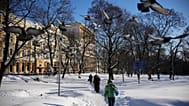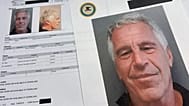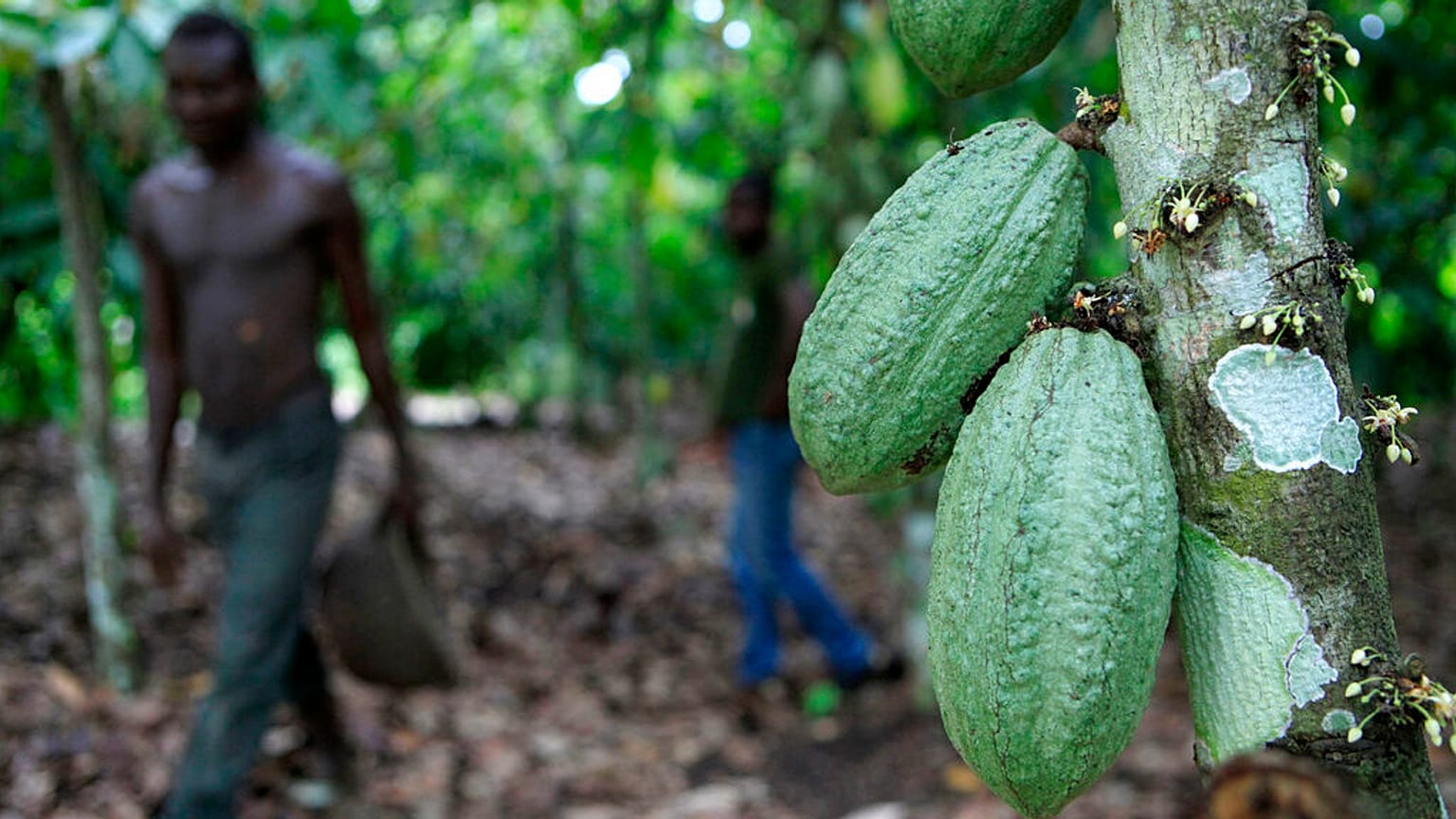UN report says 28 of the 57 nations targeted by the Trump administration's now-paused tariffs each account for less than 0.1% of the US trade deficit.
The UN Trade and Development agency (UNCTAD) has urged the US to exempt the world’s poorest and smallest nations from reciprocal tariffs, warning that they could devastate vulnerable economies while only generating minimal revenue for Washington.
US President Donald Trump's administration earlier this month announced sweeping tariffs on 57 trading partners — ranging from 11% for Cameroon to 50% for Lesotho — but ultimately paused the duties for 90 days, except in the case of China. The pause has left these states facing a 10% universal levy that applies to almost all countries.
In a report published on Monday, UNCTAD said the "current 90-day pause offers an important opportunity to reassess how small and vulnerable economies are treated under the policy of reciprocal tariffs".
"This is a critical moment to consider exempting them from tariffs that offer little to no advantage for US trade policy while potentially causing serious economic harm abroad."
UNCTAD said 28 of the 57 nations targeted by the tariffs face steep levies despite each accounting for less than 0.1% of the US trade deficit. These include Laos, which is facing a 48% tariff; Myanmar, on 45% despite the recent earthquake; and Mauritius, on 40%.
If the reciprocal tariffs kick in again, demands for many imported goods in the US are likely to decrease because of higher prices, according to UNCTAD's report.
For 36 of the 57 trading partners listed, the reciprocal tariffs would generate less than 1% of current US tariff revenues, it found.
"These economies are small in size, structurally weak with low purchasing power, they offer limited export market opportunities for the US," UNCTAD's report said.
"Any trade concessions they grant would mean little to the US, while potentially reducing their own revenue collection."
The UN agency also highlighted that several of these countries export agricultural commodities that the US doesn't produce, for which there are few substitutes. Such products include vanilla from Madagascar and cocoa from Côte d'Ivoire and Ghana.
In 2024, the US imported vanilla worth approximately $150 million (€132 million) from Madagascar. Cocoa imports from Côte d'Ivoire were worth almost $800 million (€704 million), while imports from Ghana were valued at about $200 million (€176 million).
"Increasing tariffs on such goods, while generating some revenue, is likely to result in higher prices for consumers," the UNCTAD report said.















